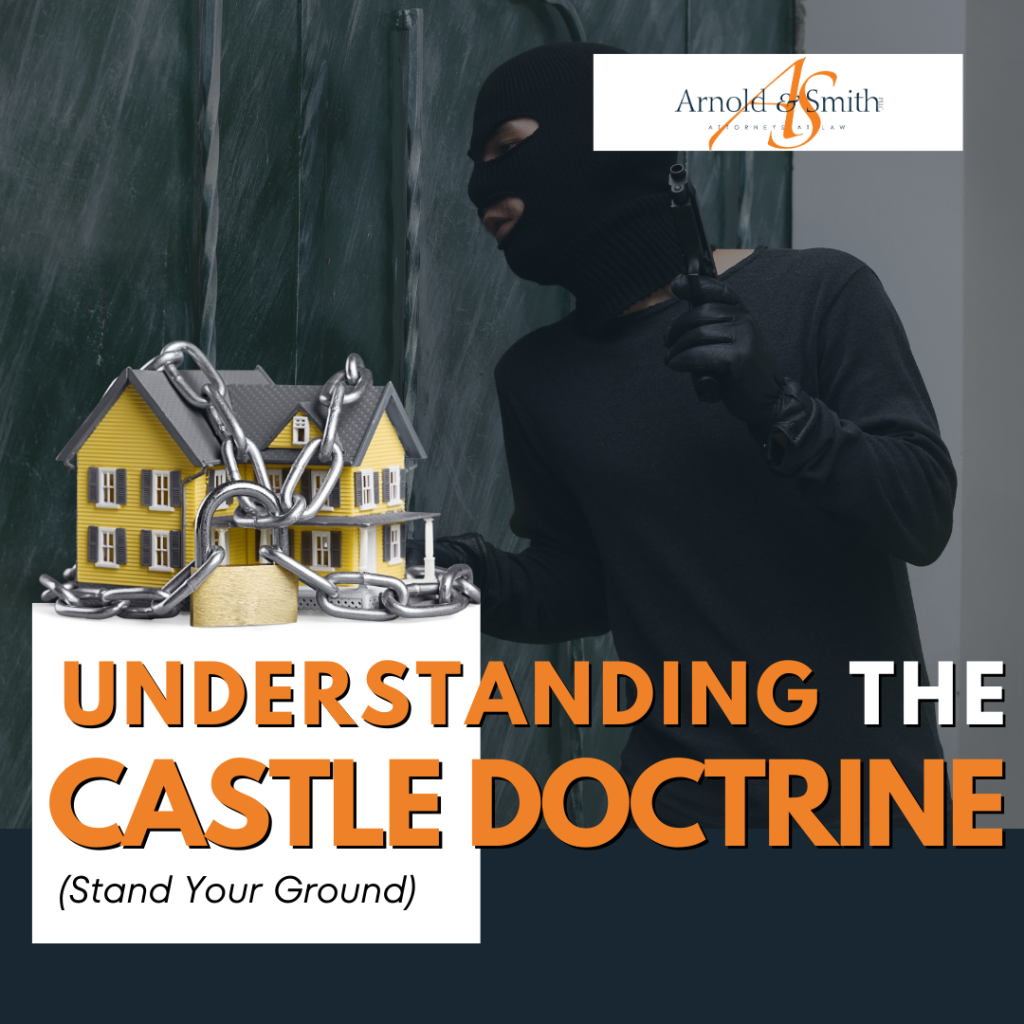 Understanding the Castle Doctrine (Stand Your Ground)
Understanding the Castle Doctrine (Stand Your Ground)
You are sitting on your back patio when you suddenly see someone you do not know making their way onto your property. The stranger is getting closer and is heading towards your side door with the possible intent of breaking inside. Do you have the right to defend against the intruder? The Castle Doctrine may allow you to take action, but it is best to understand how the doctrine works and what you are able to do to defend yourself, your family, and your property.
What is the Castle Doctrine?
 Charlotte Criminal Lawyer Blog
Charlotte Criminal Lawyer Blog

